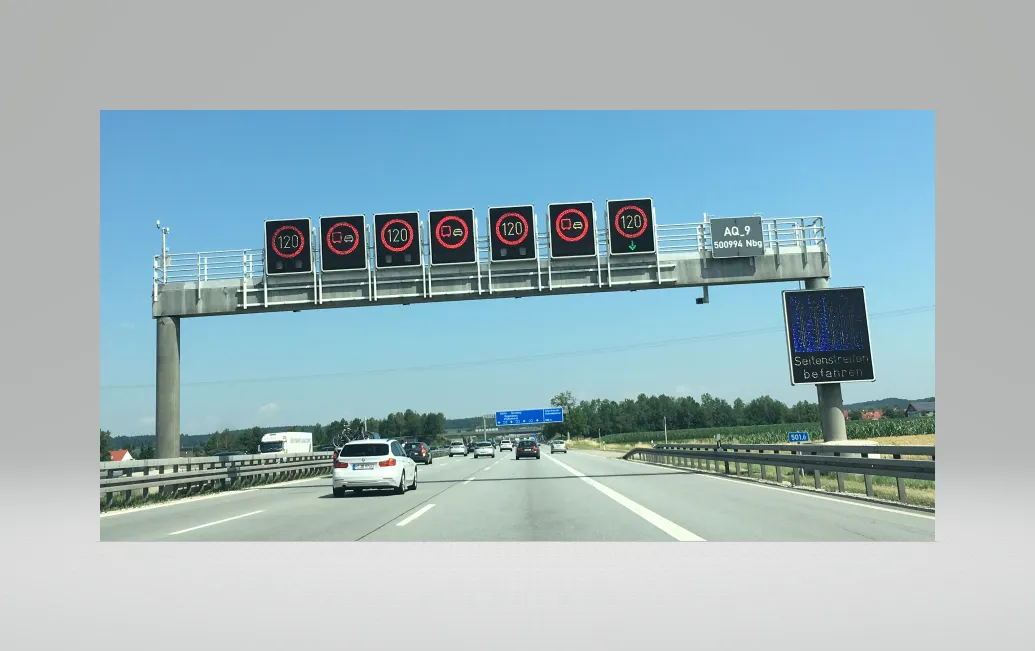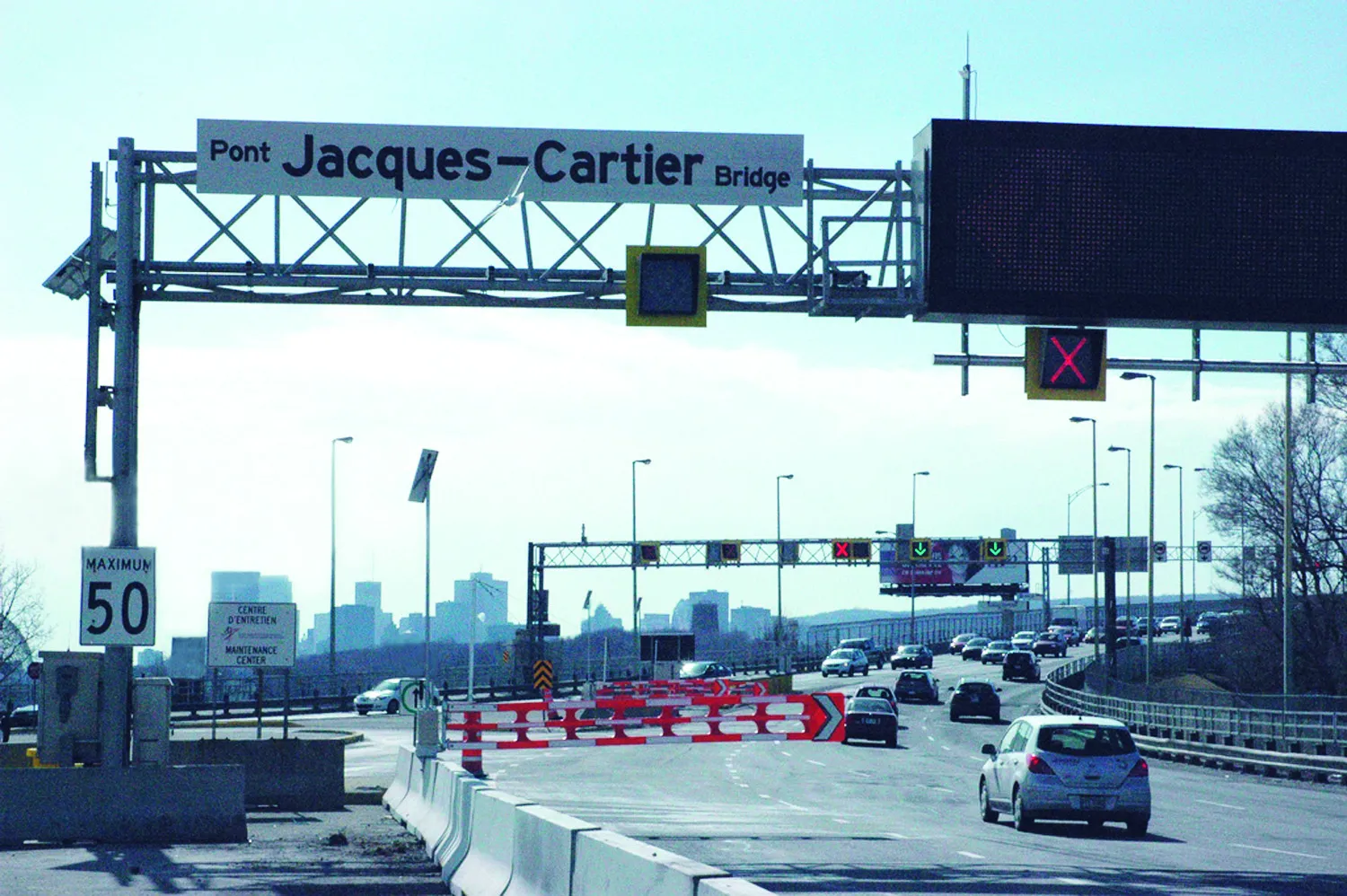Neal Skelton, head of professional services at ITS UK, says that despite “remarkable change” in computer power over the last decade leading to an enhanced role for technology in improving road safety, the ultimate responsibility for staying road safe is with individual drivers. Skelton, a former police officer, also expressed his views on the future place of technology in road safety during a video interview with TISPOL - the European Traffic Police Network. He highlighted the debate over the ongoing trials
February 27, 2013
Read time: 1 min
Neal Skelton, head of professional services at 3512 ITS UK, says that despite “remarkable change” in computer power over the last decade leading to an enhanced role for technology in improving road safety, the ultimate responsibility for staying road safe is with individual drivers.
Skelton, a former police officer, also expressed his views on the future place of technology in road safety during a video interview with4753 TISPOL - the European Traffic Police Network.
He highlighted the debate over the ongoing trials of platoons, a method of reducing distances between cars on high speed roads using electronic, and possibly mechanical, coupling, seen as a credible option for reducing road congestion and improving highway safety.
Skelton, a former police officer, also expressed his views on the future place of technology in road safety during a video interview with
He highlighted the debate over the ongoing trials of platoons, a method of reducing distances between cars on high speed roads using electronic, and possibly mechanical, coupling, seen as a credible option for reducing road congestion and improving highway safety.









